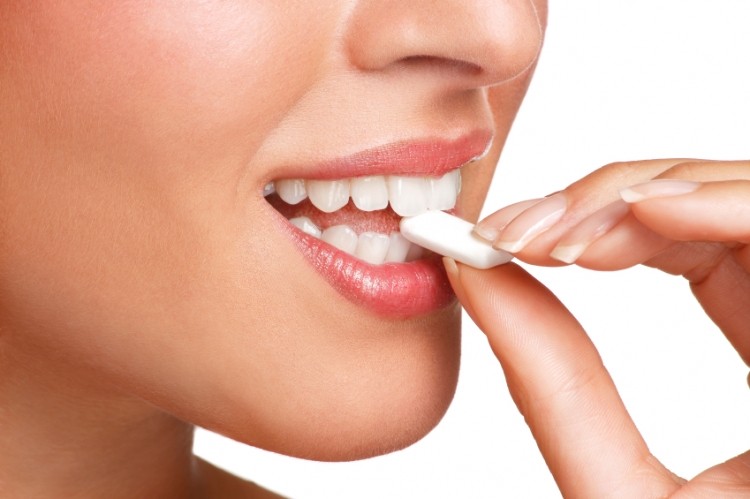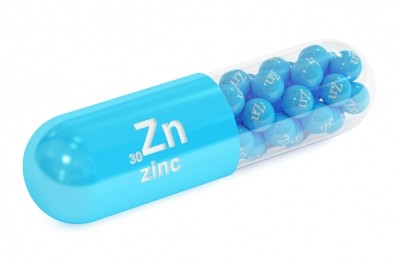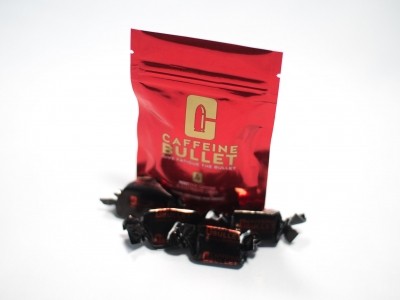Effective vitamin delivery via gum an issue worth chewing over, suggests study

Penn State researchers demonstrate the efficacy of chewing gum to deliver retinol, pyroxidine and ascorbic acid amongst others to the plasma with increased vitamin concentrations observed.
"Improving the release of fat-soluble vitamins from the gum base is an area for future development for the manufacturer," said Dr Joshua Lambert, professor of food science at the university’s college of agricultural sciences.
"This study was done in an acute setting — for a day we have shown that chewing supplemented gum bumps up vitamin levels in blood plasma," he cautioned. "But we haven't shown that this will elevate plasma levels for vitamins long-term.”
Established delivery vehicle
Functional chewing gums containing ingredients such as botanical extracts and vitamins are now readily available with this niche functional category forecasted to outpace the sugar free gum sector by growing 14% by 2018 to reach €2.6bn ($3bn).
This delivery vehicle has advantages over pills, capsules, and gummies because of its habitual use. Products can be supplemented with much lower levels of vitamins than bolus dosage forms, reducing the risk of overdose and facilitating better delivery.
In addition, the popularity of chewing gum could increase compliance compared to other supplement forms.
A host of firms have harnessed its advantages to make gum of this nature that have mostly targeted the everyday consumer and sports nutrition market.
Danish private label gum maker Fertin Pharma sell an immunity chewing gum that it claims can help guard against the common cold. ImmuneGum contains plant extract echinacea, vitamin C and zinc and comes in a blackberry-mint flavour.
Vitaball, based in Kentucky markets a line of vitamin-fortified gums. These products include Vitamingum Sport and Vitamingum Fresh, which are marketed to different consumer populations. The products are said to contain doses of Vitamin D and Vitamin B.
Study details
The research team asked 15 participants chew two supplemented gums and recorded the levels of eight vitamins released into their saliva.
In a second experiment on the same subjects, the researchers measured the levels of seven vitamins in their plasma. An identical gum product — minus the vitamin supplements — as a placebo was also used in the study.
The team found that retinol (A1), thiamine (B1), riboflavin (B2), niacinamide (B3), pyridoxine (B6), folic acid, cyanocobalamin (B12), ascorbic acid (C), and alpha-tocopherol (E) were released into the saliva of participants who chewed the supplemented gums.
After chewing the supplemented gums, study participants' blood plasma vitamin concentrations, depending on which supplemented gum they chewed, increased for retinol (75–96%), pyridoxine (906–1077%), ascorbic acid (64–141%) and α-tocopherol (502–418%) after chewing the supplemented gums, compared to baseline.
“Our study demonstrates the potential usefulness of chewing gum as a delivery vehicle for both water- and fat-soluble vitamins,” the study said.
“In general, we found that the water-soluble vitamins were more completely released than the fat-soluble vitamins by normal chewing. This is consistent with the fact that the gum matrix is composed of hydrophobic polymers, and the water-soluble vitamins are more likely to partition into the saliva, upon release, whereas the fat-soluble vitamins are likely to partition back into the gum base.”
Encapsulation technology focus
Dr Lambert commented on his surprise that no one had done a study like this before given the number of supplement-containing gum products on the market.
"But there is no requirement that nutritional gums be tested for efficacy, since they fall into the category of dietary supplements."
The team added that the dose of vitamins that could be incorporated in chewing gum while maintaining a palatable final product was one limiting factor in the study.
However, these characteristics meant that chewing gum would be useful for chronic supplementation rather than acute treatment of a vitamin deficiency.
“Future development work could be focused on using encapsulation technologies and other approaches to improve the bioaccessibility of fat-soluble vitamins,” they said.
Source: Journal of Functional Foods
Published online: doi.org/10.1016/j.jff.2018.09.026
“Vitamin-supplemented chewing gum can increase salivary and plasma levels of a panel of vitamins in healthy human participants.”
Authors: Weslie Khoo et al.















